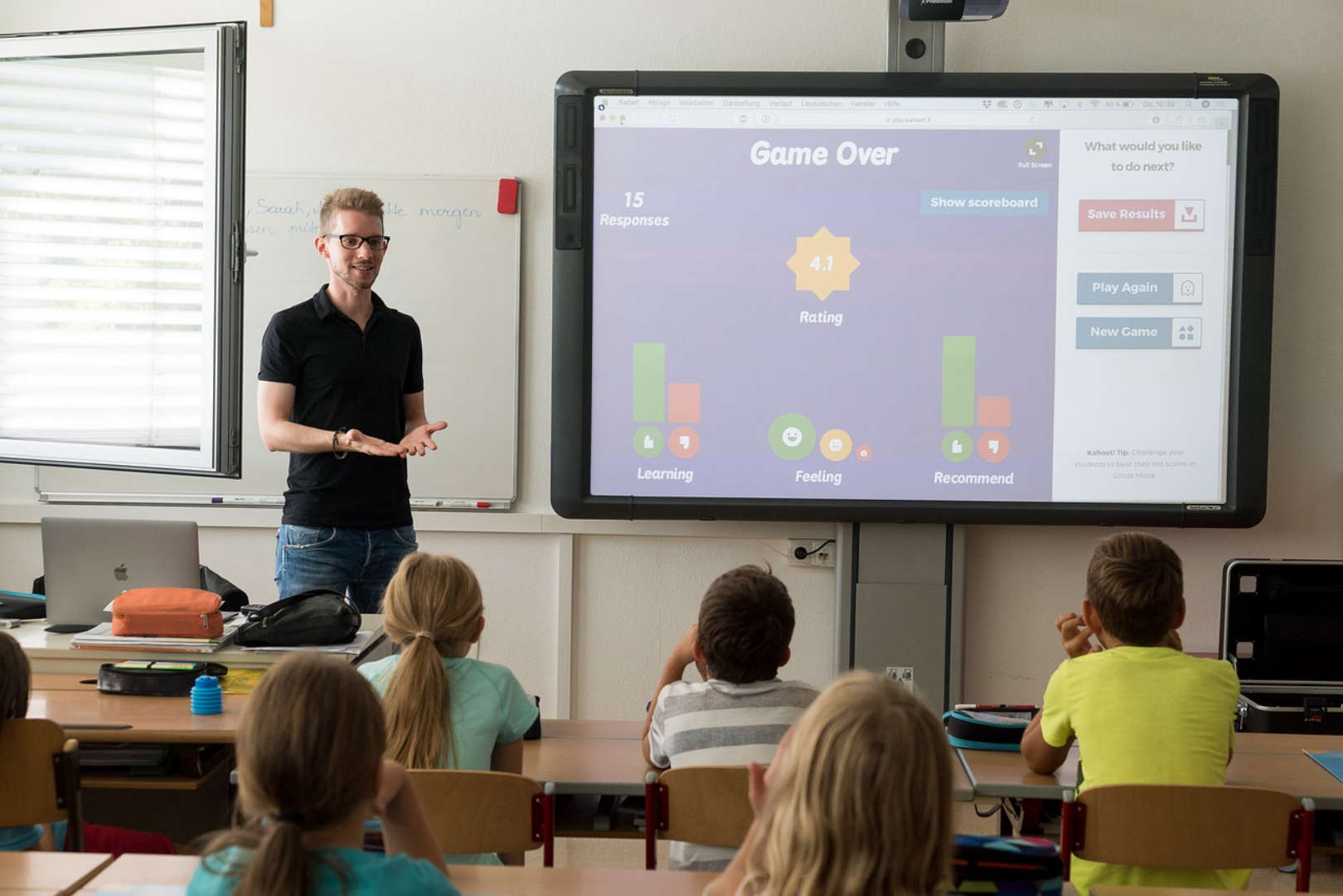Sobre
Hugo Paredes (M) é Professor Catedrático no Departamento de Engenharias da Escola de Ciências e Tecnologia da Universidade de Trás-os-Montes e Alto Douro (UTAD). É licenciado (2000) e doutorado (2008) em Informática pela Universidade do Minho e possui o título de Agregado pela UTAD (2016). Entre maio de 2021 e setembro de 2023 foi Pró-Reitor para a Transição Digital e Modernização Administrativa da UTAD, Anteriormente desempenhou funções de Engenheiro de Software na SiBS e na Novabase Outsoursing, e Visiting Faculty no Human Computer Interaction Institute da Carnegie Mellon University. Foi também um dos fundadores da Robocode Generation, Lda uma empresa spin-off da UTAD.
É Investigador Sénior no INESC TEC, onde foi coordenador adjunto do Centro de Computação Centrada no Humano e Ciência da Informação (HumaISE). Os seus interesses de investigação são na área de Human-AI, aplicado aos domínios da acessibilidade, envelhecimento ativo, alterações climática e saúde, desporto e bem estar. É membro do conselho editorial da revista JUCS, foi editor-convidado de diversas edições especiais em revistas indexadas (JCR), e colaborou na organização de diversas conferências. É autor de mais de 150 publicações, e inventor de uma patente concedida. Lidera o projeto H2020 VR2Care, tendo participado e liderado em diversos projetos de investigação, nacionais e internacionais.




